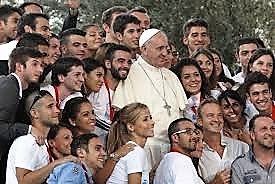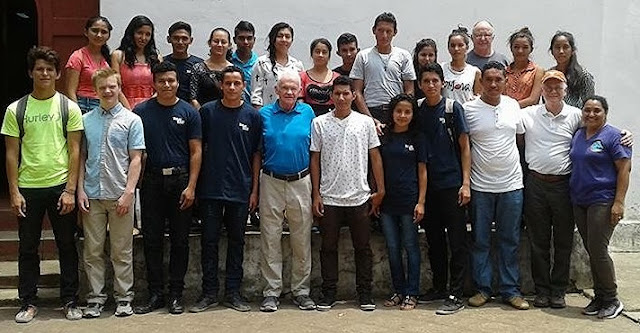Why Many Young Catholics Stay in the Church

Google Image Sophia was 25 years old when she was interviewed for the book, “Young Adult Catholics, Religion in the Culture of Choice” by Dean Hoge et al, a book to which I’ve referred often in these blogs. “…I think I’m at a point where I think religion is more about spirituality and my own prayers and thoughts,” she said, “and I don’t necessarily have to actually go to Mass or be Catholic to be spiritual.” I must once again ask tolerance of my readers who are not Catholic because this blog is, even more than usual, written from the Catholic perspective. Still, a lot here would apply to people of any, or no, faith. Not For Lack of Faith? I’m returning to the subject of the flight from religion among young people because of a recent article in the National Catholic Reporter called “A Church to Believe In.” The subtitle is, “Young adults are leaving Catholic parishes, but not for lack of faith.” The article refers to various surveys that find that young Catholi


